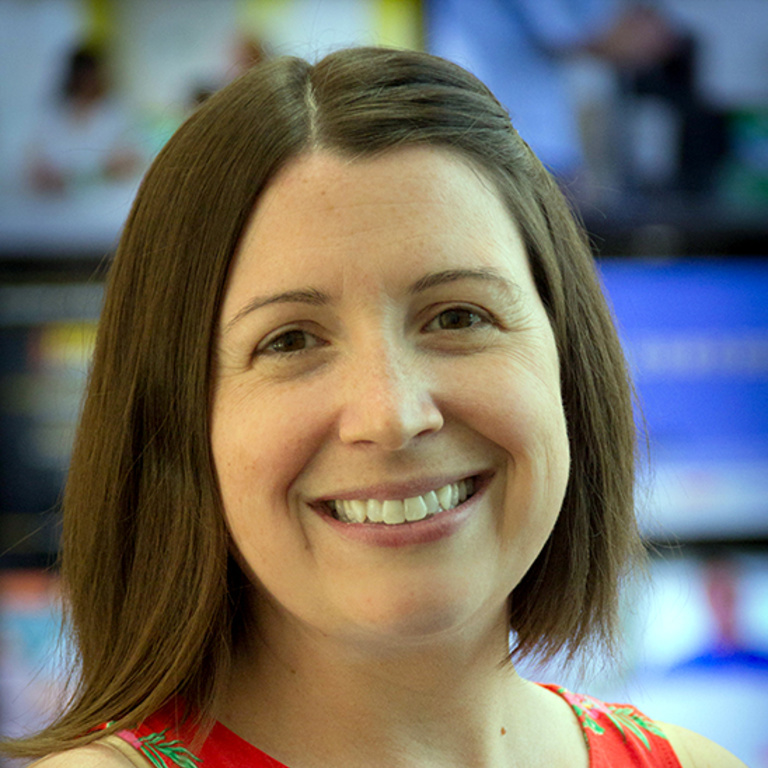Melissa Tully, Ph.D.
Director, School of Journalism and Mass Communication
Professor and CLAS Collegiate Scholar
Biography
Drop-in Hours
Spring 2026: by appointment
What is Melissa’s story?
Melissa studies news literacy, misinformation, global media with a particular focus on African media studies, and engagement.
Melissa has a particular interest in media produced in and about Africa and has conducted research in multiple Sub-Saharan African countries. She is currently working on research about misinformation and news literacy in Kenya.
Melissa teaches courses that focus on social and digital media for both undergraduate and graduate students.
Melissa is a CLAS Collegiate Fellow and Researcher Affiliate in the Center for Social Science Research at the University of Iowa.
Recent Courses
- JMC:1500 - Introduction to Social Media
- JMC:2020 - Multimedia Storytelling
- JMC:6333 - Seminar in Media Communication, Global Digital Media
- JMC:6333 - Seminar in Media Communication, Mixed Methods Research and Design
